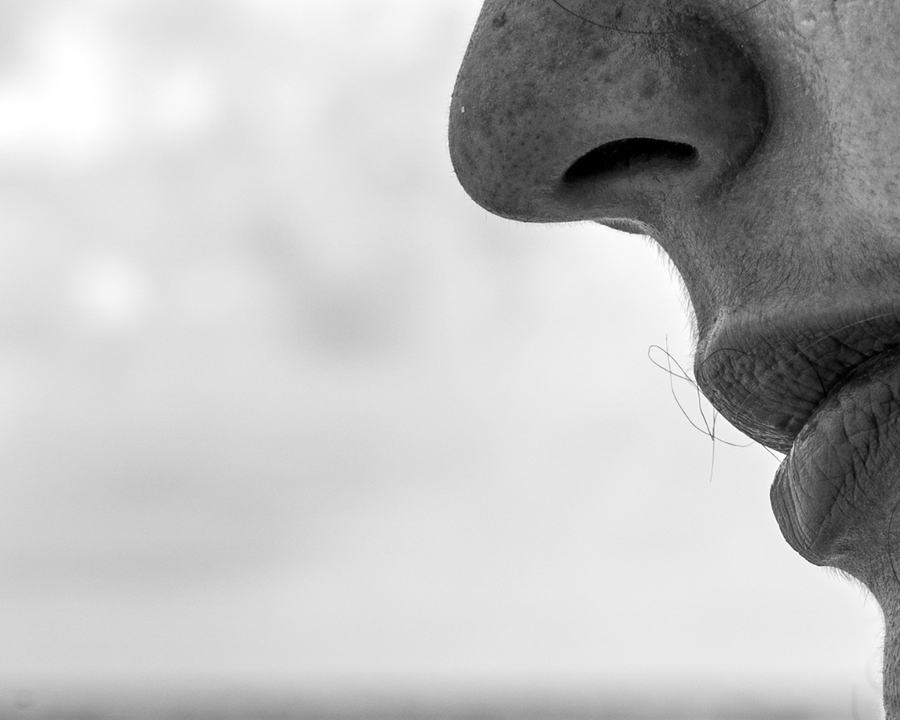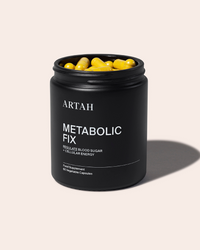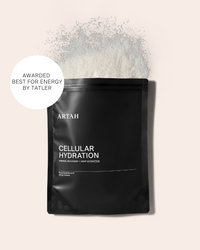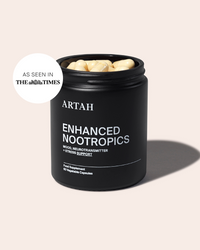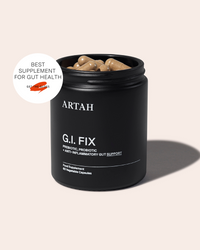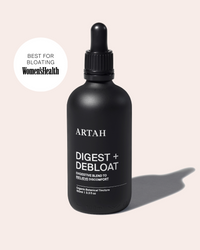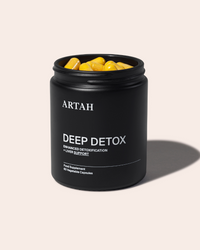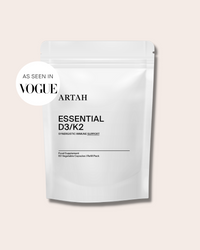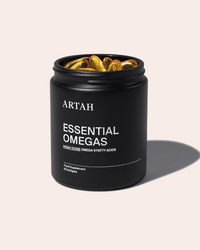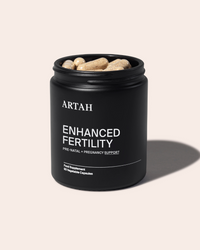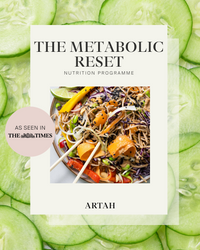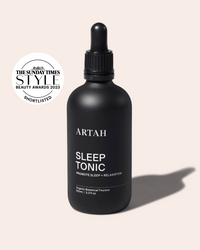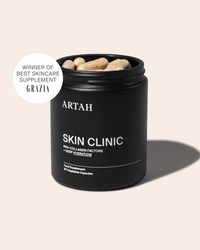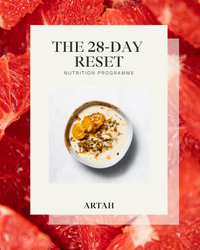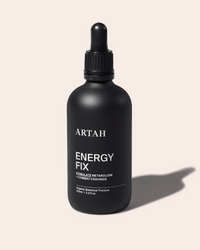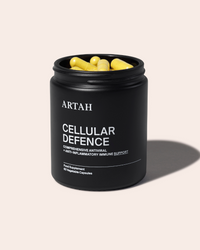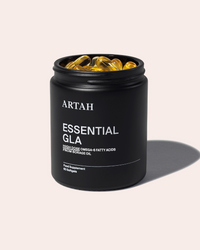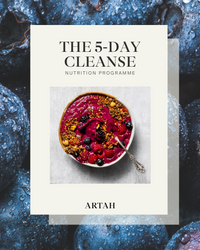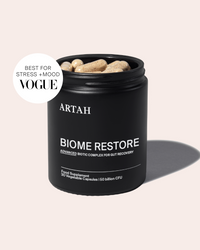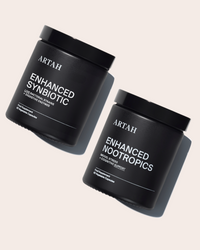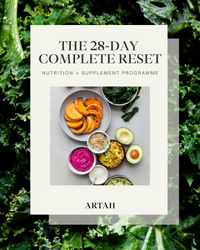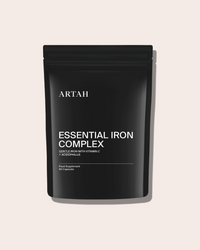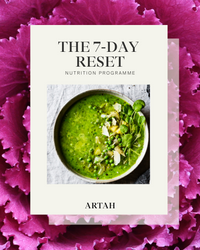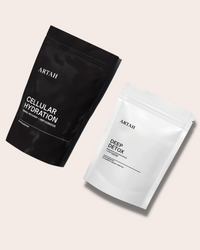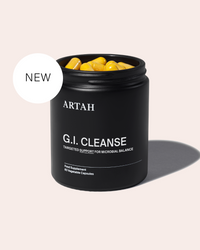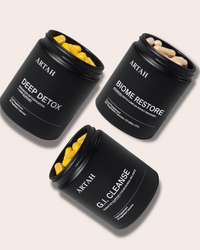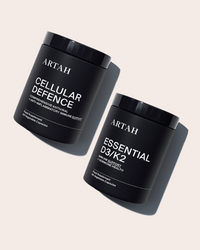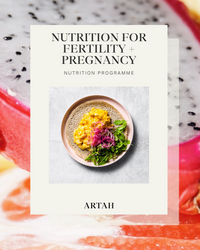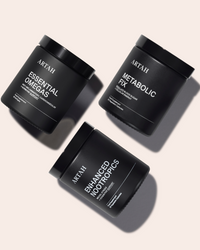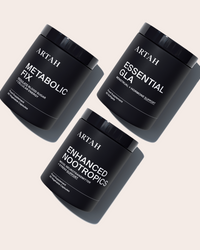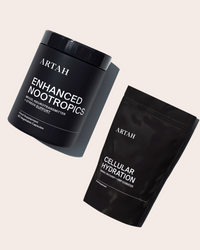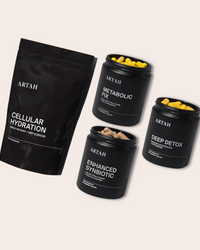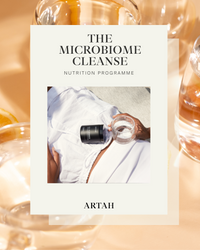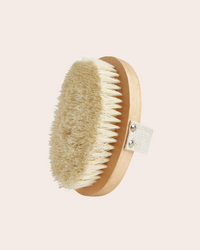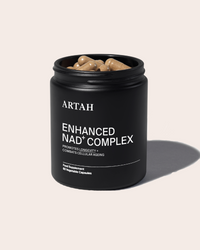The Secret To A Strong Immune System: Spoiler, It's Not What You Think
You’ve probably noticed that colds and flus are everywhere right now, which is why focusing on our immunity is more important now than ever. The strange part is this; even though most of us hate being ill, we rarely focus on strengthening our immune system. There are two important factors to consider when it comes to immunity; the first is that our immune system is multidimensional and is influenced not only by biological factors but psychological factors as well. The second is that the best way to strengthen our immune system is that having a consistent and proactive approach is really the only way to help prevent the frequency and severity of illness. So, it’s less about downing mega doses of Vitamin C after we’ve fallen ill, and more about the consistent tools and habits we can implement to avoid getting ill in the first place.
Let’s (quickly) review how it all works. Our immune system is complex and has two arms; innate immunity and adaptive immunity. The innate response is our first line of defense and recruits different compounds (like phagocytes and cytokines) to neutralise a pathogen or threat we are exposed to. It responds the same way to all germs, so is referred to as our non-specific immune system.
Our adaptive immune system provides pathogen-specific protection through compounds like activated B cells and T cells. It’s our immunological memory, which is important because it enables us to launch a faster and more robust response upon re-exposure to the a pathogen we’ve already encountered. Each stage of our immune response relies on the presence of different micronutrients which are critical to its function, like Vitamin C, Vitamin D, Zinc, Selenium, Vitamin A, Iron and different amino acids (1). Whilst nutrient status is key for strong immunity, there’s more to it than that. Here’s what you need to know.
Our emotions have a profound effect on immunity.
There’s even a field of research dedicated to it, called affective immunology. It turns out that our immune and emotional systems mirror each other (2). For example, mental stress, anxiety, and emotional upset can weaken immunity, and on the flip side, positive states like gratitude, joy and laughter have been shown to make our immune activity more efficient and robust (3).
Sleep is your best friend.
Sleep and our circadian system have a strong regulatory influence on our immune functions. Research has shown that sleep restriction and sleep deprivation can result in a depressed immunological memory, immunodeficiency, and a prolonged, proinflammatory response leading to higher levels of inflammation. (4) On the flip side, participants with healthy sleep patterns showed enhanced immunological memory and a more robust adaptive immune response. If immunity isn’t enough to motivate you, sleep is one of the most impactful factors when it comes to blood sugar control.
It starts in the gut.
We’ve said it before, but we'll say it again: over 80% of our immune system resides in the gut. It’s a major site of immune activity and produces anti-microbial proteins and immune supporting compounds like short-chain fatty acids, amongst other things. The integrity of our gut lining is also key; if the endothelial layer of our gut is damaged, it can lead to dysfunction and increased intestinal permeability (colloquially known as leaky gut), which impacts immunity and inflammation. If you’re taking care of your gut, you can expect great results all round; gut health is also associated with metabolism, skin, hormone health and mood.
Supplement timing is key.
Immune supplements are everywhere – but unfortunately, many of us are taking them too late. Most people head to the pharmacy to pick up immune vitamins after they’re already sick rather than using them proactively to prevent infection. Whilst it’s true that certain supplements like Zinc, Vitamin C and probiotics have been shown to help speed up recovery, the primary goal should be to get hit less hard and less frequently.
Exercise follows a bell curve.
Exercise and immunity are intertwined. We know that sedentary individuals are immunocompromised, so it's essential that a movement practice is a regular part of our lifestyle. But, extreme exercisers can also become more vulnerable to illness; endurance cyclists and runners have an increased susceptibility to infection, especially upper respiratory tract infections (5).
So what can we do?
The best approach is both holistic and proactive, but what does that mean in practice? Just like other aspects of our health, our immune system benefits from consistency. Here’s our toolkit for cultivating a more robust immune system this winter.
1. Lay the foundations. Try to be consistent with nutrition, sleep, and key supplements. Vitamin D3 is critical for immunity, and it’s recommended that all adults supplement with it from autumn to winter in the UK, so if you haven’t already started taking it, it’s time to start. If you are someone who experiences a high level of stress, it’s important to start a stress management practice now; small things can be impactful, 5 minutes of mindfulness each day, or 10 minutes of yin yoga at night, or whatever you find easiest to implement.
2. Focus on gut health. Since our gut health dictates much of our immunity, it’s important to get it right. Increase plant diversity, aiming for at least 30 different plant foods per week, and start to add fermented food into your regime, working your way up to 6 servings per week. Consider adding a probiotic, like Enhanced Synbiotic, which has Lactobacillus strains that have been shown to protect against respiratory viruses (6), for added protection.
3. Buckle down BEFORE you get symptoms. When everyone around you starts getting ill, it’s time to get a little more serious and take measures to avoid it, starting with supplementation. Cellular Defence has broad spectrum immune support that can help reduce the frequency and severity of illness. It includes Zinc, Vitamin C, Selenium, Reishi, Cordyceps, Beta Glucans, Quercetin and more. It’s worth looking at where else you can make tweaks – do you need to reduce the intensity of your workouts? Get a few early nights? It’s important to be agile. When it comes to nutrition, sugar, alcohol and ultra processed foods can suppress the immune system, so if you need some extra protection, it’s a good time to cut down.
4. If you DO get sick, it’s time to initiative recovery mode. This means good food, good sleep, tons of emotional nourishment, and a proper day off (or two) from work. Hopefully, the days of loading up on drugs to get a fever down and trek into work or a social engagement are long gone – a quick recovery is more important. In addition, fever on its own isn’t a bad thing; in fact, it’s a protective adaptive response, and unless it’s medically necessary to suppress it, it’s worth letting it play out in adults (7,8). If a fever is 40C+ and accompanied by severe headache, rash, unusual sensitivity to light, stiff neck, mental confusion or altered speech, persistent vomiting, difficulty breathing, severe abdominal pain, pain when urinating or seizures, it’s important to seek medical advice.
5. After you get sick, remember that you’re likely to be depleted for a few days to a few weeks after your peak symptoms, so resist the urge to jump straight back into high gear, or you risk getting a secondary infection. If you’ve had to take antibiotics, consider a probiotic to help the gut recover and reduce side effects associated with their use. Even if you haven’t had to take antibiotics, your microbiome can be affected. For example, even influenza infection has been found to result in significant changes in the gut microbiome, despite the lack of detectable virions in the GI tract (9). Dysbiosis, an imbalance in the microbiome, is also one of the mechanisms that has been identified in post viral fatigue situations, like long covid (10), so consider paying close attention to your gut after your initial recovery as well.
This article is for educational purposes only and the implementation of the theories and practices discussed is at the sole discretion of the individual. All information given is not a substitute for medical advice, diagnosis, or treatment. If you have any concerns about your health, you should speak with your physician.
1.https://www.hsph.harvard.edu/nutritionsource/nutrition-and-immunity/#:~:text=Examples%20of%20nutrients%20that%20have,including%20the%20amino%20acid%20glutamine).
2.D'Acquisto F. Affective immunology: where emotions and the immune response converge. Dialogues Clin Neurosci. 2017 Mar;19(1):9-19. doi: 10.31887/DCNS.2017.19.1/fdacquisto. PMID: 28566943; PMCID: PMC5442367
3.D'Acquisto F. Affective immunology: where emotions and the immune response converge. Dialogues Clin Neurosci. 2017 Mar;19(1):9-19. doi: 10.31887/DCNS.2017.19.1/fdacquisto. PMID: 28566943; PMCID: PMC5442367
4. Besedovsky L, Lange T, Born J. Sleep and immune function. Pflugers 2012 Jan;463(1):121-37. doi: 10.1007/s00424-011-1044-0. Epub 2011 Nov 10. PMID: 22071480; PMCID: PMC3256323.
5. Gunzer W, Konrad M, Pail E. Exercise-induced immunodepression in endurance athletes and nutritional intervention with carbohydrate, protein and fat-what is possible, what is not? Nutrients. 2012 Sep;4(9):1187-1212. doi: 10.3390/nu4091187. Epub 2012 Sep 4. PMID: 23112908; PMCID: PMC3475230.
6. Du T, Lei A, Zhang N and Zhu C (2022) The Beneficial Role of Probiotic Lactobacillusin Respiratory Diseases. Front. Immunol.13:908010.
7. Ray JJ, Schulman CI. Fever: suppress or let it ride? J Thorac Dis. 2015 Dec;7(12):E633-6. doi: 10.3978/j.issn.2072-1439.2015.12.28. PMID: 26793378; PMCID: PMC4703655.
8. Cunha BA. Fever myths and misconceptions: the beneficial effects of fever as a critical component of host defenses against infection. Heart Lung2012;41:99–101
9. Hanada S, Pirzadeh M, Carver KY, Deng JC. Respiratory Viral Infection-Induced Microbiome Alterations and Secondary Bacterial Pneumonia. Front Immunol. 2018 Nov 16;9:2640. doi: 10.3389/fimmu.2018.02640. PMID: 30505304; PMCID: PMC6250824.
10. Davis, H.E., McCorkell, L., Vogel, J.M. et al. Long COVID: major findings, mechanisms and recommendations. Nat Rev Microbiol 21, 133–146 (2023)




